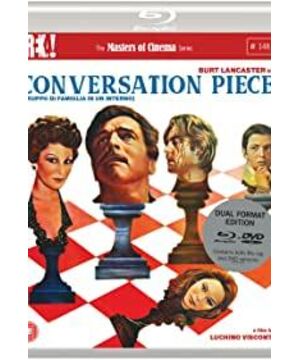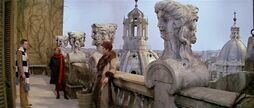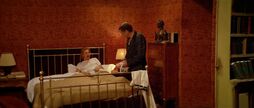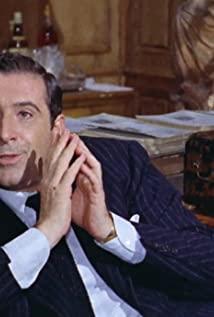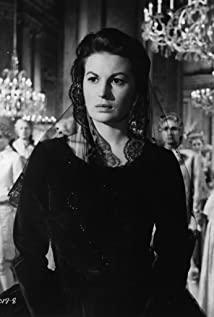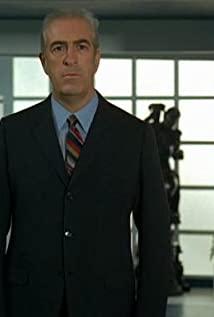Complementing "Portrait of a Family", Visconti really loves to express a sense of death. The beginning is that the old professor who lives alone with only art and philosophy is disturbed by the vulgar little Bourgeois and insists on renting the second floor of the professor's house. The family is chaotic (the mistress's lover is also in a partnership with the mistress's daughter and the daughter's fiancé) and noisy. Obviously a lot of conflict is set up here, generational perceptions, lifestyles, etc. Konrad played by Berger should be a very typical image of a young man at the time: he studied art history for two semesters, was recorded after participating in the German 68 movement, gradually became cynic, and dropped out of school to become the lover of a rich man. The old professor is a mourner in another direction. He believes that science is no longer neutral but brings new slavery, so he gave up the profession of a scientist, and his position gradually deviates from the left. Before stepping into the right, he escaped into art and Domain of Philosophy. The relationship between the old professor and Konrad is the most exciting, mixing lover, confidant and father and son. I even suspect that this very subtle emotional advancement is the focus of Visconti, rather than the sentimentality of the decline of European aristocracy or the display of neo-fascism mentioned in many film reviews. Going back to the sense of death mentioned at the beginning, the professor "falls in love with this unfortunate family" while living with the family, and said that their arrival temporarily drove away another resident guest - death. But in the end the hostess came to say goodbye, Konrad fell in a pool of blood, the professor lay alone in his old room full of artworks with his hands folded, this moment with the veiled mother in memory is the most Visconti, dead Feeling returned. What's great about Visconti is that he doesn't need characters to express ideas with long dialogue or narration, which he can replace with light and shadow, color, and long shots (a few shots of Berger from his shots). This one is more worth watching than Ludwig.
View more about Conversation Piece reviews


